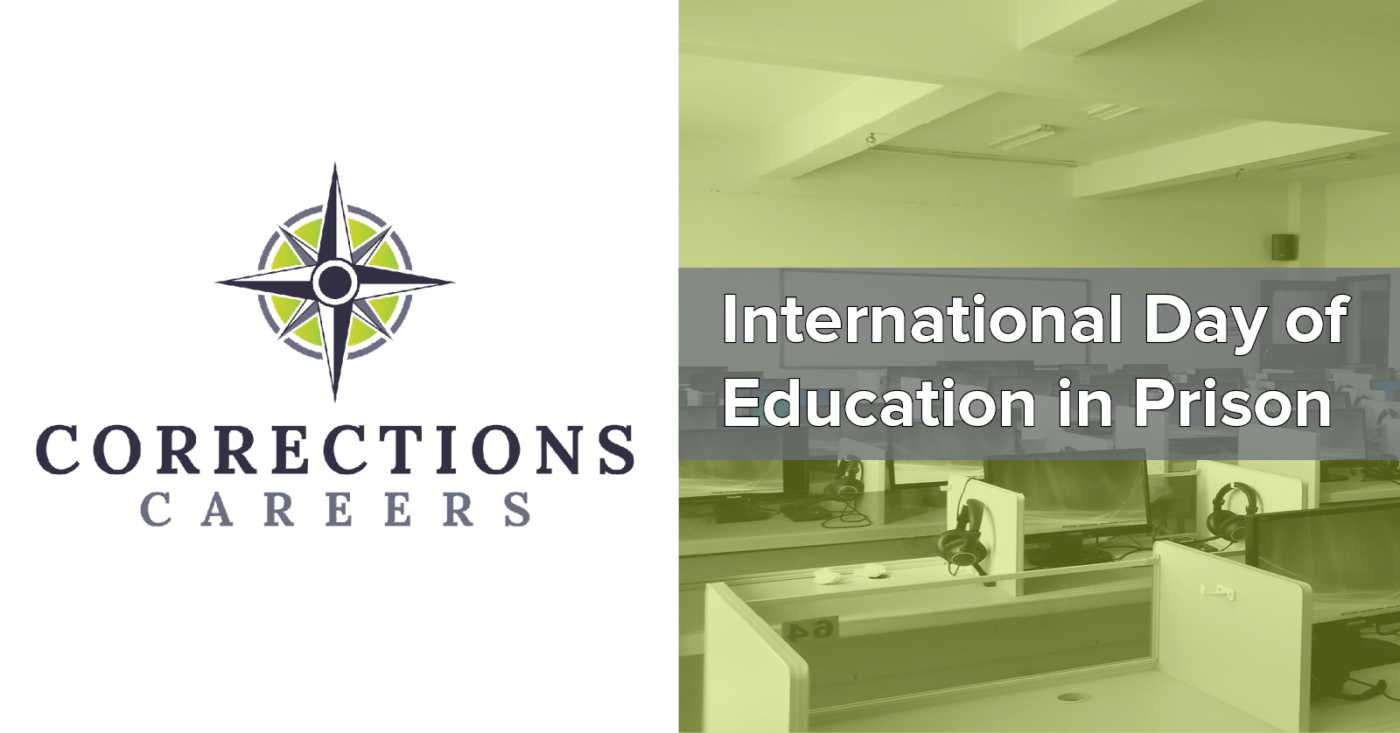In 2014, the International Day of Education in Prison was created to mark the 25th anniversary of the Council of Europe’s adoption of a set of recommendations outlining the needs and responsibilities concerning the education of imprisoned persons in Europe, on 13 October 1989. The day is an important opportunity to highlight the benefits of prison education, consider the barriers and reflect on how it can best be promoted.
Source: https://uil.unesco.org/13-october-international-day-education-prisons
As part of the Corrections Careers project, we asked hundreds of correctional officers in prisons in Turkey, Romania, Germany, Italy and Portugal what their education and training needs are. Our research is not statistically representative of these countries, but offers a snapshot of the career of a European prison employee: we wanted to see if good training corresponds to high levels of career engagement and real interest in the rehabilitative work that front line officers do – day and night – in turning lives around. The responses both confirmed the lack of training and learning opportunities for correctional staff in prison, and gave us interesting insight into precisely how and when we can best reach out to officers to make sure we recruit and retain people committed to their role in building safer, more inclusive societies:
- Wherever correctional officers in prison were guided towards training opportunities, they felt they better understood the philosophy of corrections.
- Where prisons provide ‘good motivation’, like good salary and holidays, staff are also more likely to feel like they get enough training to do their job
- If respondents were given career guidance during basic training that work in prison is ‘a career’, they were more likely to
- identify leadership opportunities
- feel they have the right training to do their job better
- Where managerial staff are identified as open to training and learning, career opportunities more likely to be promoted outside of the prison (or indeed perhaps because job opportunities are promoted outisde of the prison, manageral staff are more likely to embrace career learning).
- Line managers of correctional officers in prisons are slightly less likely to think about their job as a ‘public mission’, but rather a ‘career’.
- Prison officers who said their salary was not enough were slightly more likely to think about their job as a mission which benefits society.
- Prison officers who had recently joined the prison were less likely to seek out career opportunities or even know if the prison supplied information and advice on education and training.
- Respondents were slightly less likely to tell people they meet that they work in prison if
- they felt they were not receiving enough training.
- they did not have good holidays and salary and other extrinsic motivations for the work.
- their prison does not promote work opportunities outside the prison.
Below you can see some quotes from prison officers
“Nobody really has any idea what the job entails, so we get somewhat ‘unsuitable’ applicants.”
“We need to train young colleagues better and give them more guidance.”
“I deal with mentally ill prisoners on a daily basis: our training courses tend not to prepare us for this.”
“Every day I am a mother, father, fireman, pastor, psychologist…”


